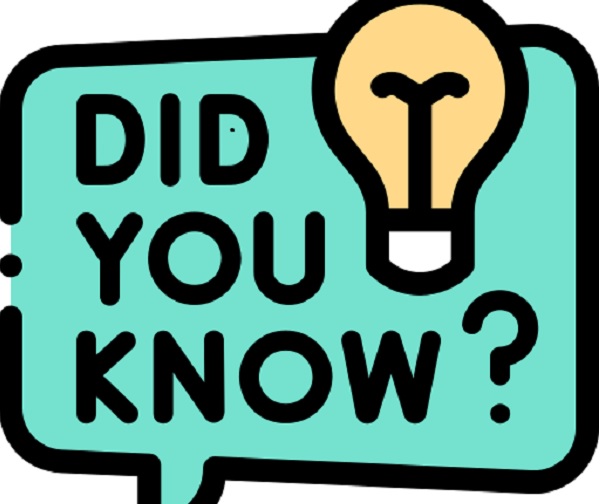
Did you know?
AS a Ghanaian, I’m very much aware of the mockery surrounding interchanging the sounds /l/ and /r/ in English words. Most of us are guilty of laughing over this.
In case you are lost, I’m referring to ‘porice’ for ‘police’, ‘prease’ for ‘please’, ‘clime’ for ‘crime’, ‘collect/collet’ for ‘correct’.
The English language is such an interesting language.
Have you realised that for some English words, replacing a sound with another will give the word a different meaning? An example is ‘correct’ and ‘collect’.
These two words have two different meanings.
Offertory taken in church is sometimes referred to as ‘collection’.
Usually, we can know which one/what the speaker is referring to when we know their style of speaking or the context of the conversation.
As a speech and language therapist, this is of great interest to me.
Speech and Language Therapists (SLTs) are health professionals trained to assist individuals with speech, language and communication needs (SLCN).
SLTs carry out speech and language assessments to identify the specific difficulties an individual has and help them.
SLTs may work with individuals with speech sound disorders. A child is said to have a speech sound disorder if they are unable to make certain sounds by the expected age.
A child with a speech sound disorder may add sounds that are not supposed to be in a word, omit some sounds in words, make a sound differently or replace a sound with another sound; have interruptions while speaking, sound nasal (as if talking through their nose), be excessively loud or have a quiet voice.
Sometimes it can be difficult for others to understand what a child with a speech sound disorder says.
Does this suggest that all people who replace the /l/ sound with /r/ and vice versa in words have a speech sound disorder?
No! Children exposed to more than one language develop language differently from that of children exposed to one language.
Every language has rules governing how speech sounds are put together to make words, how words are put together to make phrases and sentences.
The structure for English, for example, is not the same as the structure for Twi or Ga.
The sounds /l/, /r/ and even /d/ are used by some speakers of Asante and Fante Twi interchangeably whilst still maintaining the same meaning but this rule does not apply in English.
For example, the word ‘child’ in Asante of Fante Twi may be referred to as akᴐlaa, akᴐdaa or akᴐraa.
In English, each of these sounds cannot be used interchangeably.
Some speakers transfer this rule in the Twi language to English when speaking English and the reason we hear words like ‘crean’ (clean) and ‘prate’ (plate).
The transfer of a rule governing one language to another is a typical phenomenon that happens when people understand and use more than one language (bilingualism/multilingualism).
Research
According to research, multilingualism has so many benefits. Learning more than one language helps children’s thinking and learning abilities.
Research shows that the better a child learns their family language, the easier it is to learn other languages later.
Children who are exposed to more than one language can communicate with their wider family and community.
Growing up with more than one language helps children to value and share their family culture and traditions.
Next time when you hear someone replacing /l/ with /r/ in English, do not make fun of them.
However, if you are concerned about how your child is using sounds, it is advisable to see a speech and language therapist for assessment and support.
The writer is Speech & Language Therapist/Clinical Tutor,
University of Ghana.
E-mail:
